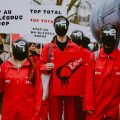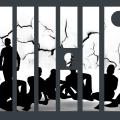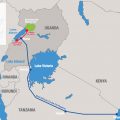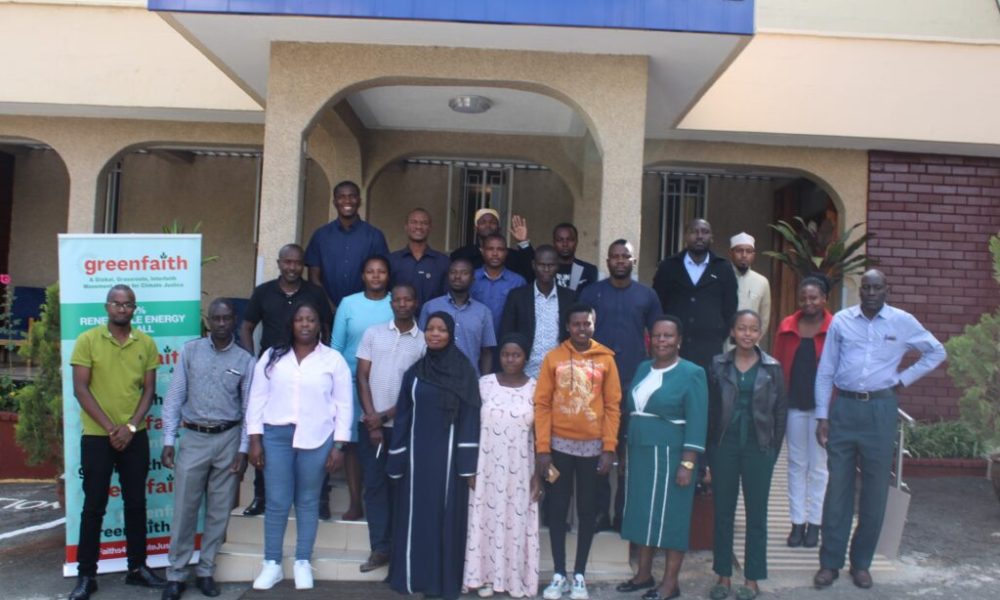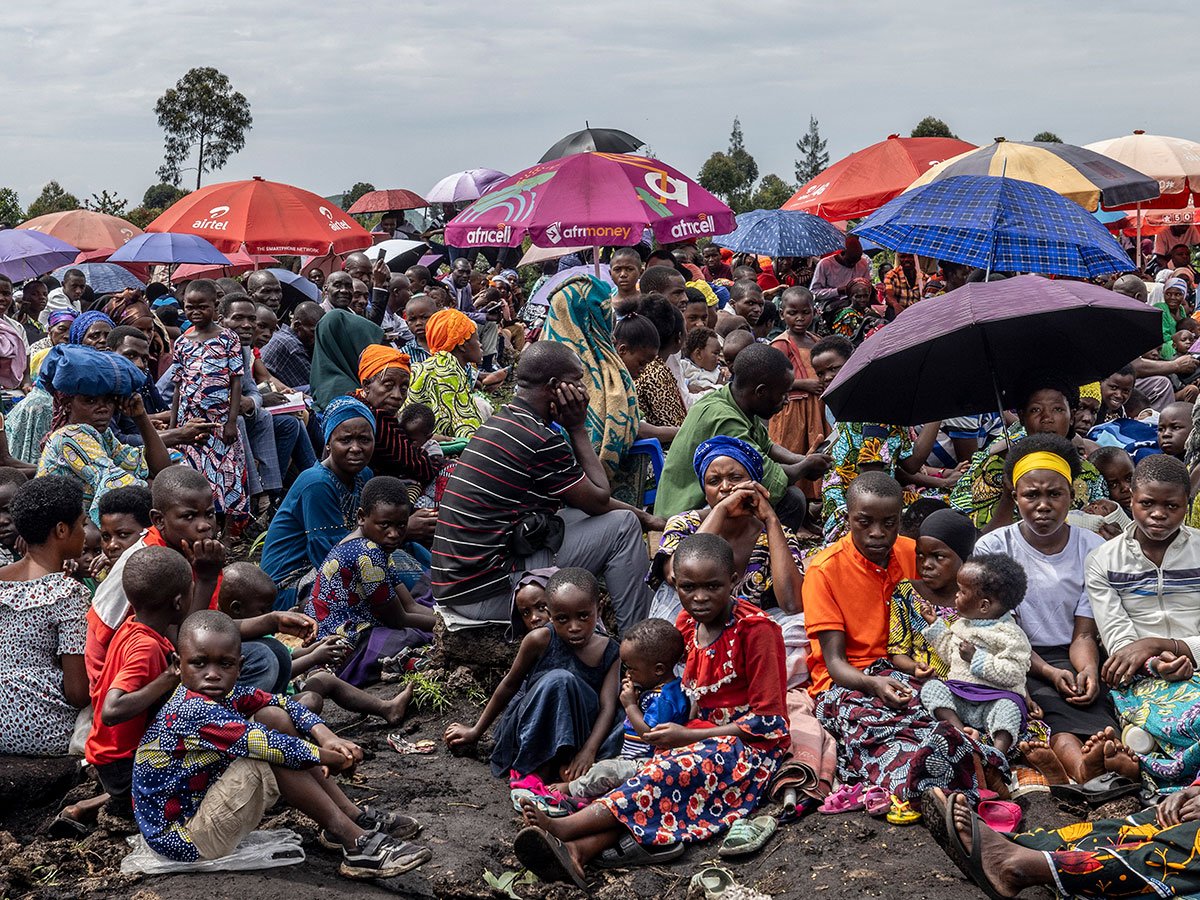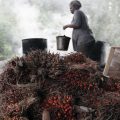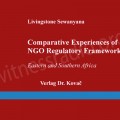At least 30 persons affected by the East African Crude Oil Pipeline (EACOP) in Uganda and Tanzania have resorted to pushing beyond compensation for losses incurred in the project’s initial stages.
The EACOP Project Affected Persons (PAPs) from Uganda and Tanzania grassroots met for the first time at a three-day conference in Nairobi, where experiences and lessons learnt were shared. They were also joined by participants from Nigeria, Sierra Leone and Gambia, who shared their experiences with fossil fuels, especially in Niger Delta.
Both the Ugandan and Tanzanian PAPs, some of them faith leaders, complained of misinformation, disinformation by the project’s proponents’ agents, intimidation, bribery, forced land possession, coercion to accept government terms for land acquired and unfair subsequent compensation for the property lost. The PAPs also complained of intentional classification of primary PAPs as secondary to reduce the compensation due them.
“During the social Impact Assessment, a lot of clans, especially the Bagungu, were given volumes of literature to read within two weeks, then decide to relinquish their property. But we could not make head or tail of the documents. Those who signed them were not left with copies,” said Jealusy Mugisha, a religious leader and PAP from Uganda’s Hoima District.
His sentiments were echoed by Swalleh Nkungu from Tanzania, who added: “Information scarcity played a huge role in enabling EACOP. We are knowledgeable enough to tell that the project is harmful, but a lot of secret planning went into this project before it was made public. Some people acting as CSOs also came to the grassroots and intentionally shared false and misleading information to boost EACOP acceptance”.
The participants, including those from Laudato Si Movement and youth in Kenya, were grateful for the event dubbed “Experience sharing meeting for grassroots persons affected by EACOP in Uganda and Tanzania”.
TotalEnergies holds 62 per cent stake of EACOP. Others stakeholders in the would-be world’s longest heated pipeline expected to cover 1,443km from Northern Uganda to Tanzania’s Tanga Port are Ugandan National Oil Company (15 per cent), Tanzania National Oil Company (15 per cent) and Chinese National Offshore Oil Company at 8 per cent.
Pastor Mugisha said: “I declined to receive money in exchange for my land and instead demanded to be relocated. This made the Uganda government to mark me and others, claiming we were sabotaging its project,” he said.
“Is it wrong for me to demand justice over my damaged home? Once I was chained and harassed at the Entebbe airport when I returned from France where I had attended a hearing about rights of PAPs. After release they kept sending my friends to tell me to be silent about EACOP. I became louder on it, even at funerals”.

Several other participants at the event organised by GreenFaith Africa spoke of bribery for people opposed to the EACOP to change their minds. “My father was very decisive when EACOP started, but he later caved in to pressure. We lost acres of land. What this means to women and children is helplessness, less food and loss of sources of living. But we can still act because EACOP is evil,” said Mwajuma Tunu from Tanzania.
Kamili Fabiano from Tanzania said: “It is no longer about compensation; it is now about climate justice. We need a conducive environment to farm and take care of our current and future generations”.
Julius Caesar, a faith leader from Uganda, urged the affected persons to act fast. “Staying near the anthill turned the antelope brown. Anyone lying to you in broad daylight is capable of deceiving you more in the dark. The disinformation was to divide us and keep us in the dark,” he said.
Mugisha said currently the EACOP’s Central Processing Facility for the oil was a key polluter through dust. “Multiple letters were written to TotalEnergies regarding this, but nothing much has happened. I fear for our water sources.”
The conference that ended yesterday also featured Baraka Lenga, an anti-EACOP activist from Tanzania, and a grassroots organizer for GreenFaith. “For people of faith, water is central to life in many ways. The pipeline is a threat to over 200 precious water sources that support our livelihoods and biodiversity. This is an attack on the very foundations of our spirituality,” he said.
Baraka outlined the projected pollutant emissions, should the project start, as millions of tonnes of carbon, adding that it would worsen the climate crisis. “The roads constructed in the Murchison National Park to enable easy transportation of oil is the reason cases of human/wildlife conflict have gone up. This also affects food security”.
Maxwell Atuhura of Uganda said not only were oil and gas firms from developed nations targeting Africa. “They are more likely to be successful where dictatorship seems to work.”
He urged participants to study Kenya and Nigeria cases. “I’m inspired by how Kenya fought the Lamu coal project. They knew they had a UNESCO-recognised heritage to protect. They defended their indigenous identity, even coming up with policies around it. East Africa can have such an identity,” he said, giving an example of powers that the EU Parliament wields. “Europe respects decisions made at the EU parliament. We can use the East African Legislative Assembly the same way; with binding laws for East Africa. Uganda, Kenya and Tanzania are, for instance, joined by Lake Victoria. An East African law protecting the lake basin can be great.”
Pius Oko, a Lift Humanity Foundation leader, narrated Nigerians’ experiences with oil. “Oil drilling in Niger Delta started in 1950s, but people are poorest there. Residents eat oil contaminated fish and cassava. Water bodies are filled with oil. Land is filled with oil, making farming untenable. The atmosphere is filled with suit. People inhale a lot of dirt. Diseases are more rampant in the Niger Delta. Life expectancy has gone below 50 years. EACOP will benefit a few rich people. The rest will suffer like those in the Niger Delta,” he said, sharing images of women and children scooping oil from ditches, fire, gas flaring and fish laced with oil, but which many consumed for lack of alternatives.
Early this year Uganda and Tanzania cabinets approved EACOP construction license. The project continues to face opposition, including from grassroots people.
Last year the EU Parliament pointed out human rights abuse in EACOP. In addition, 25 multinational financial institutions have either disassociated themselves from EACOP or vowed not to loan it for the $5 billion dollar project that still needs over $2 billion loan to be financially secure.
At the end of the Nairobi conference, Meryne Warah, the GreenFaith’s Global Director for Advocacy, urged the PAPs to remain focused in their quest for justice guided by their beliefs and values. “From participants’ sentiments since the beginning of this conference, it is clear that the governments of Uganda and Tanzania did not listen to project affected persons. However, despite all the atrocities committed, we need each other. We need to stand together as one, encouraged by our faiths teachings.
She said the meeting gave the persons affected by EACOP and Tilenga an opportunity to share their experiences about the various adverse effects of the pipeline, as well as build resilience towards effective continued campaigning against the EACOP.
Source: Panafricanvisions.com
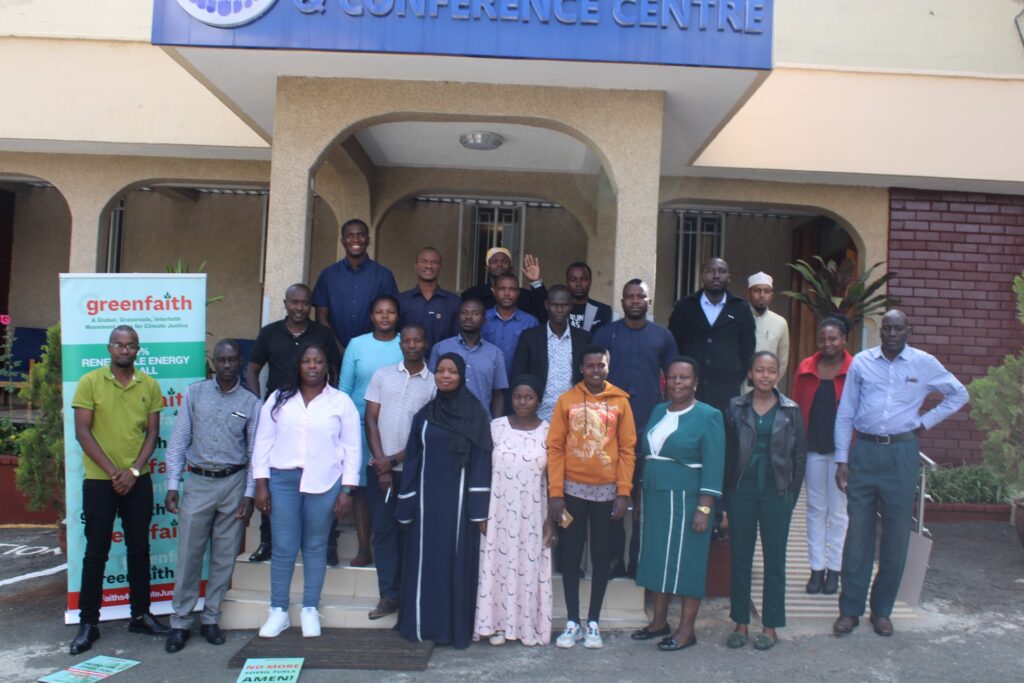

 MEDIA FOR CHANGE NETWORK2 weeks ago
MEDIA FOR CHANGE NETWORK2 weeks ago
 SPECIAL REPORTS AND PROJECTS2 weeks ago
SPECIAL REPORTS AND PROJECTS2 weeks ago
 MEDIA FOR CHANGE NETWORK3 days ago
MEDIA FOR CHANGE NETWORK3 days ago
 SPECIAL REPORTS AND PROJECTS2 weeks ago
SPECIAL REPORTS AND PROJECTS2 weeks ago
 MEDIA FOR CHANGE NETWORK2 weeks ago
MEDIA FOR CHANGE NETWORK2 weeks ago
 MEDIA FOR CHANGE NETWORK5 days ago
MEDIA FOR CHANGE NETWORK5 days ago
 MEDIA FOR CHANGE NETWORK3 days ago
MEDIA FOR CHANGE NETWORK3 days ago
 NGO WORK4 days ago
NGO WORK4 days ago

